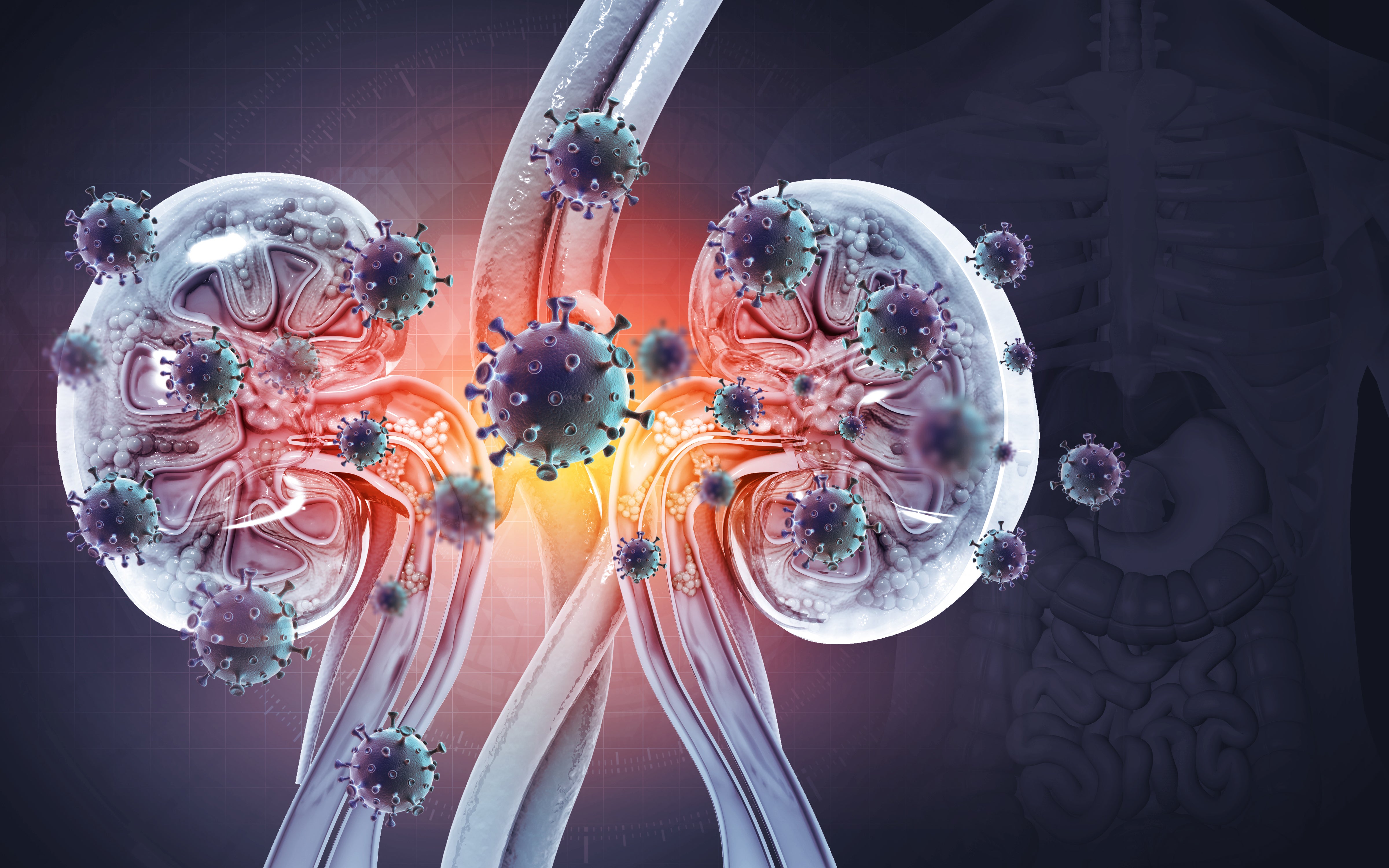The Center’s mission is to accelerate discovery and its translation for treatment and cure of kidney diseases in an interdisciplinary environment within the rich, research environment of the CWRU School of Medicine.
Chronic Kidney Disease (CKD) is a growing public health problem in the United States. More than seventeen percent of US adults—more than 40 million Americans—have CKD. CKD generally progresses over time and can cause cardiovascular disease, anemia, bone disease, fluid overload, and other problems. The final phase of CKD is end-stage kidney disease (ESKD). To survive, patients with ESKD generally need renal replacement therapy, either from dialysis or a kidney transplant. The risk of death for patients receiving dialysis is nearly eight times higher than the non-ESRD population, leading to a 20% annual probability of death. Kidney disease disproportionately affects minorities and vulnerable populations. Kidney-disease treatment is expensive and uniquely tied to federal expenditures through the Medicare entitlement program. The cost of care for ~800,000 ESKD patients is over 40 billion annually, an amount that approaches the total NIH budget. Treating all health conditions of CKD and ESRD patients consumes nearly 25% of the Medicare’s budget.


